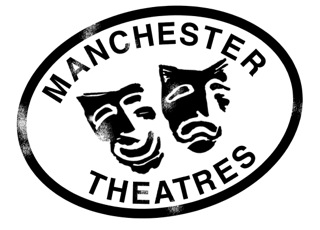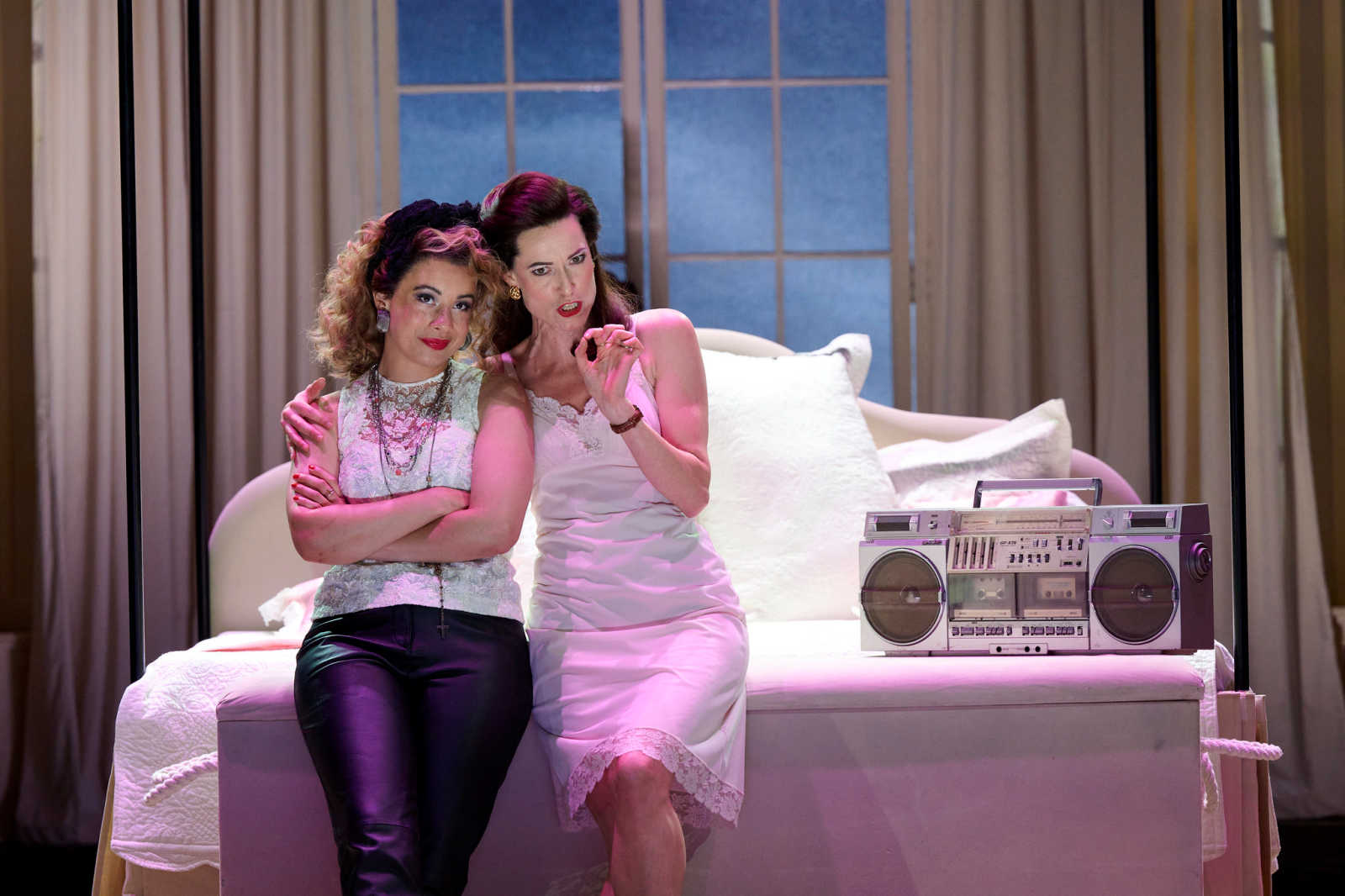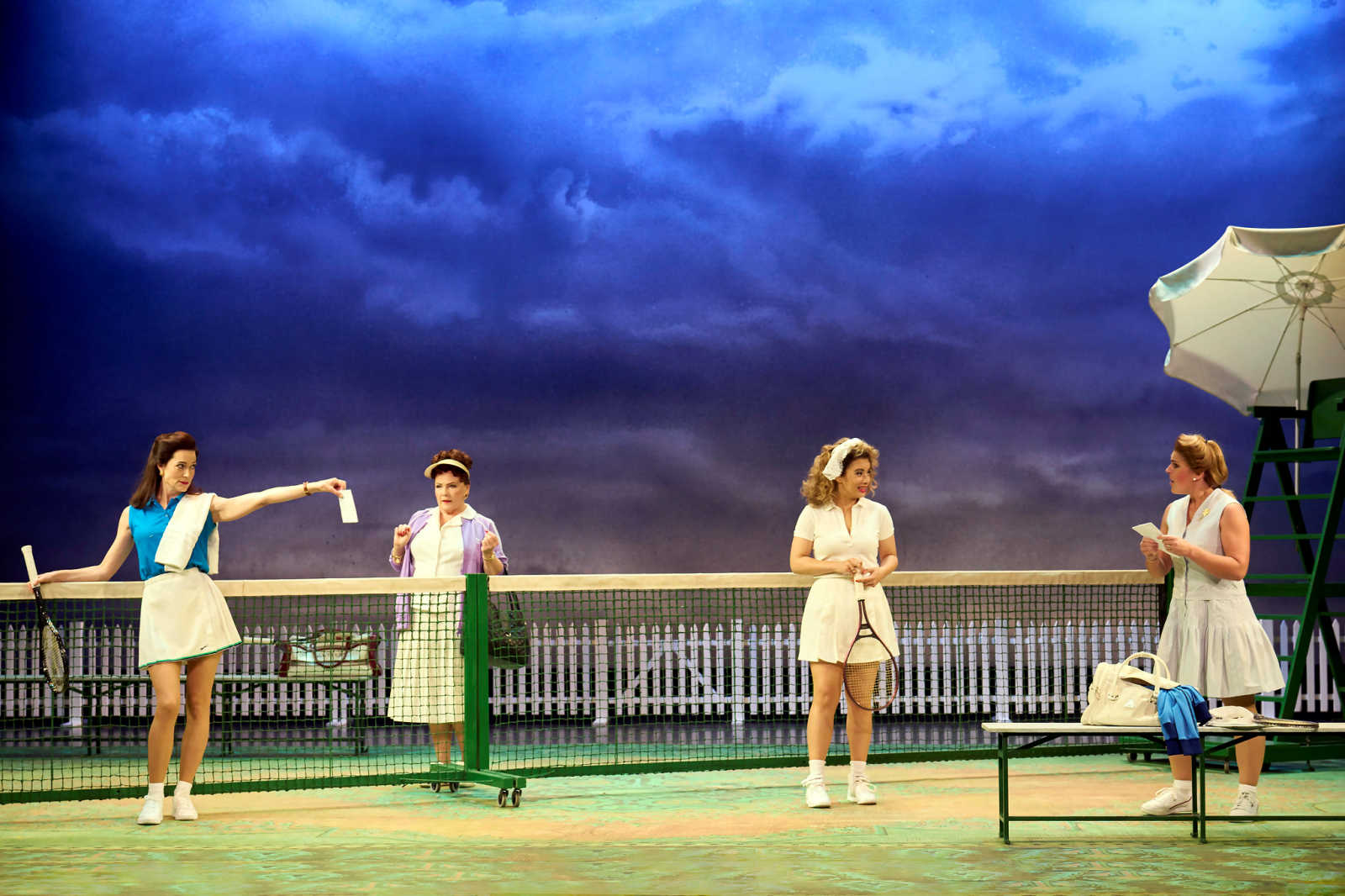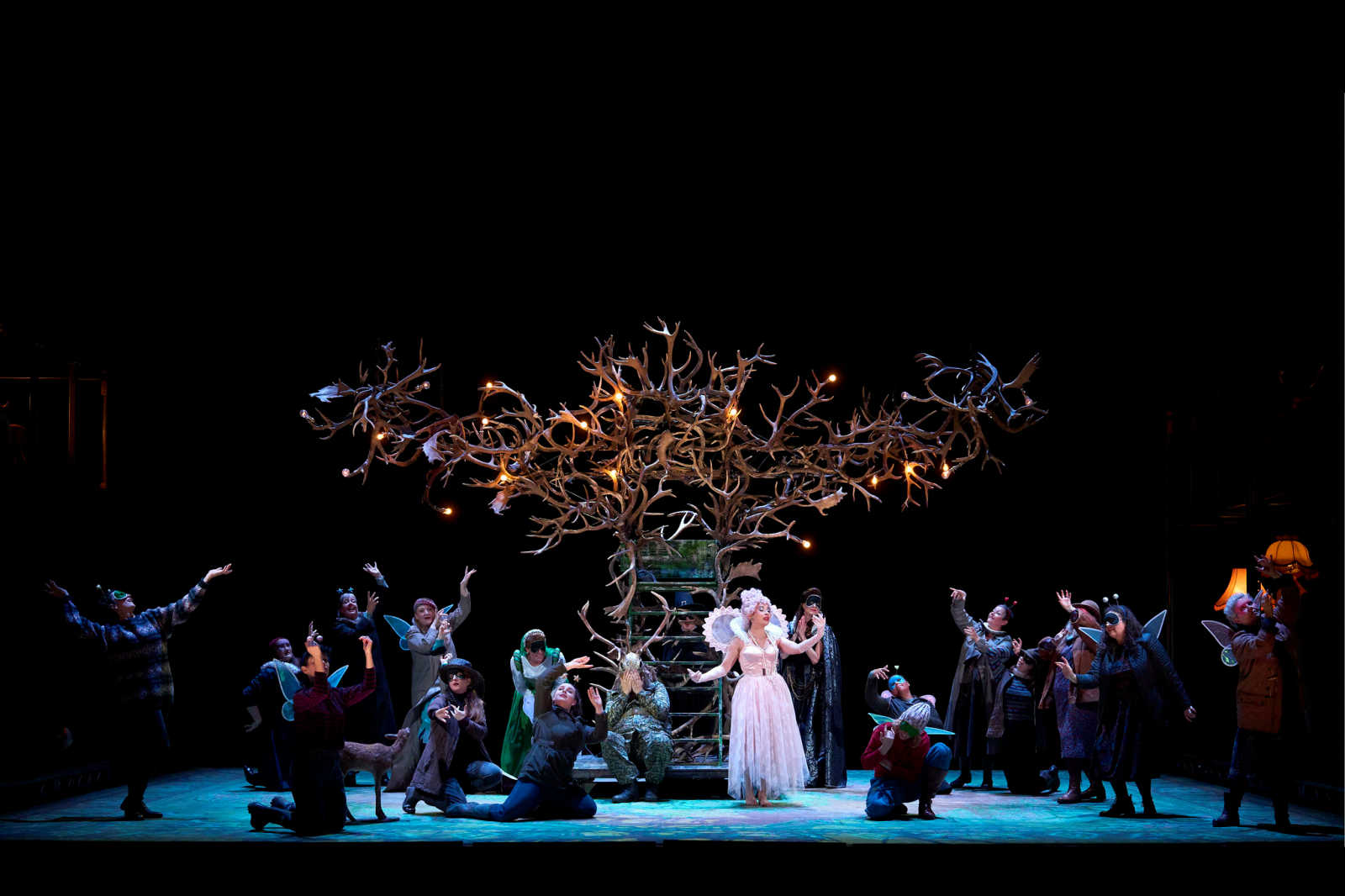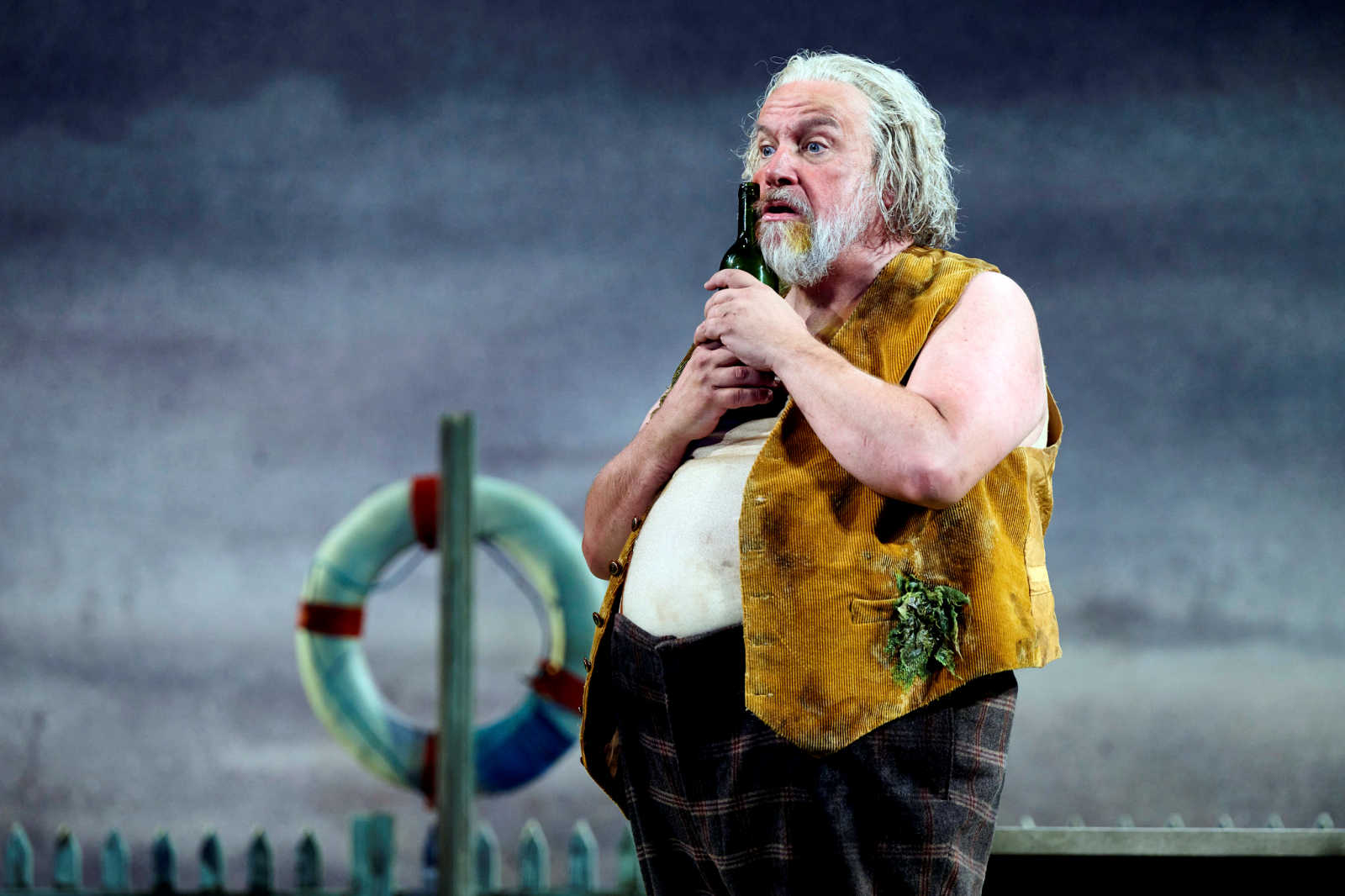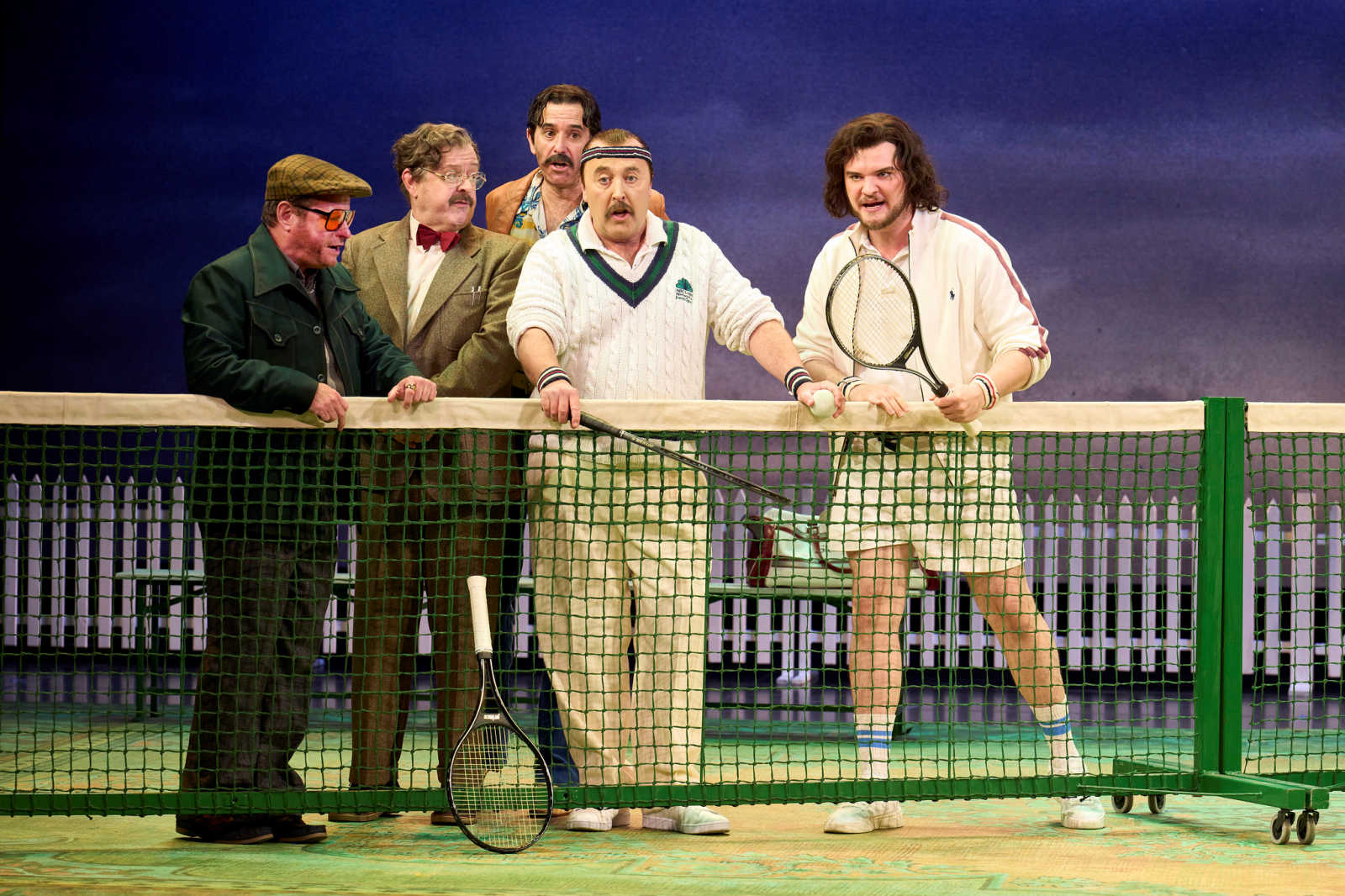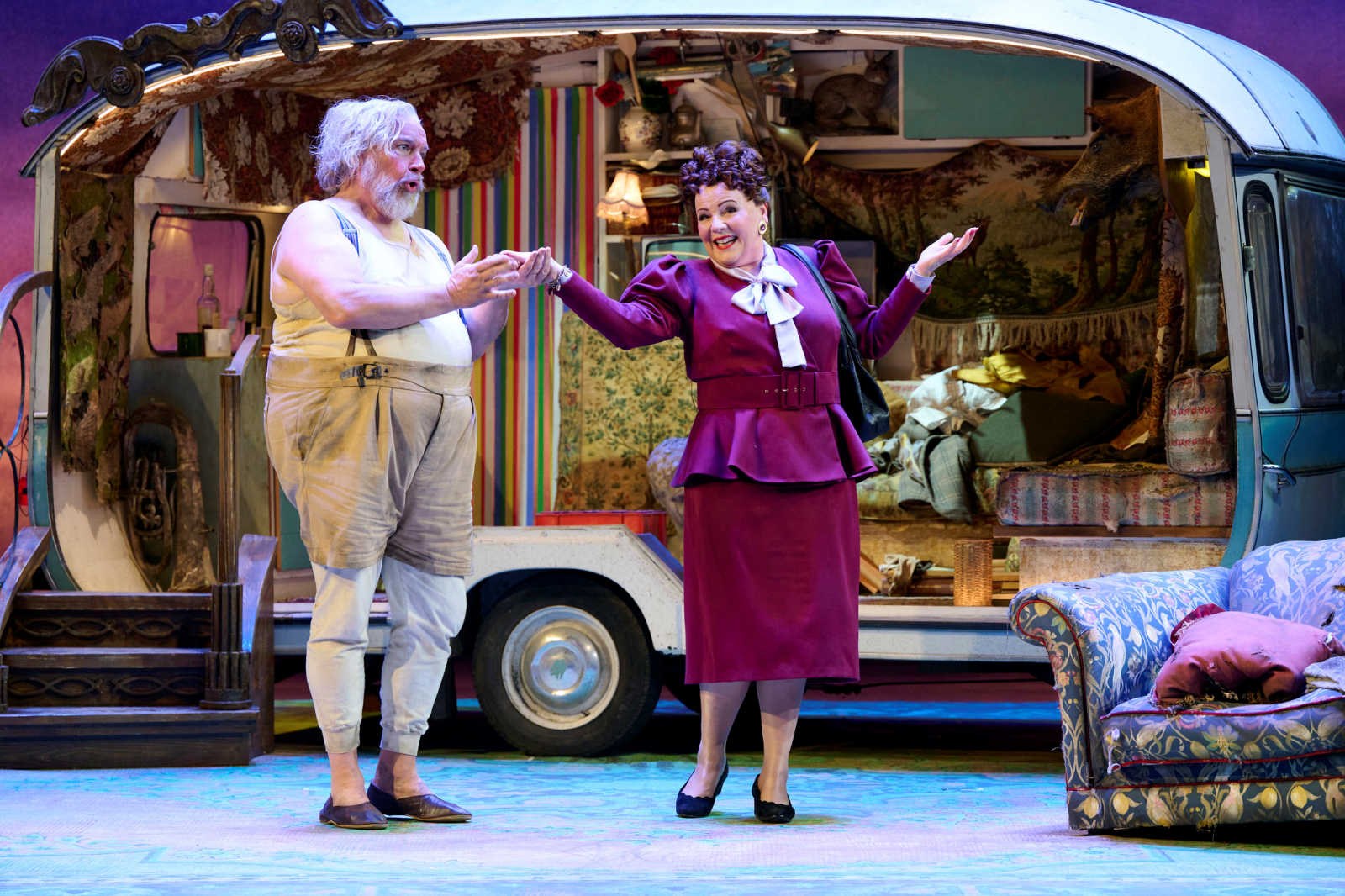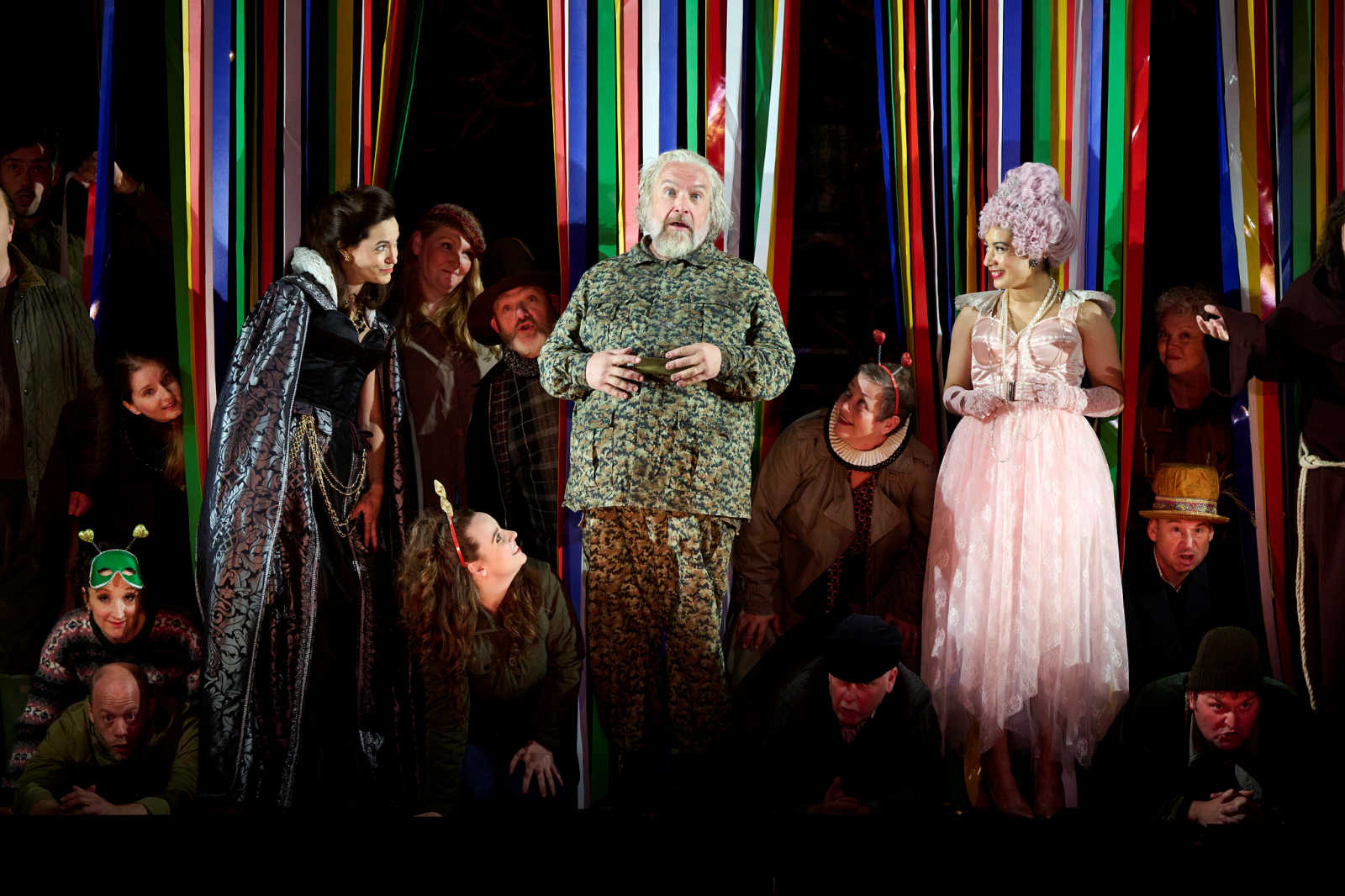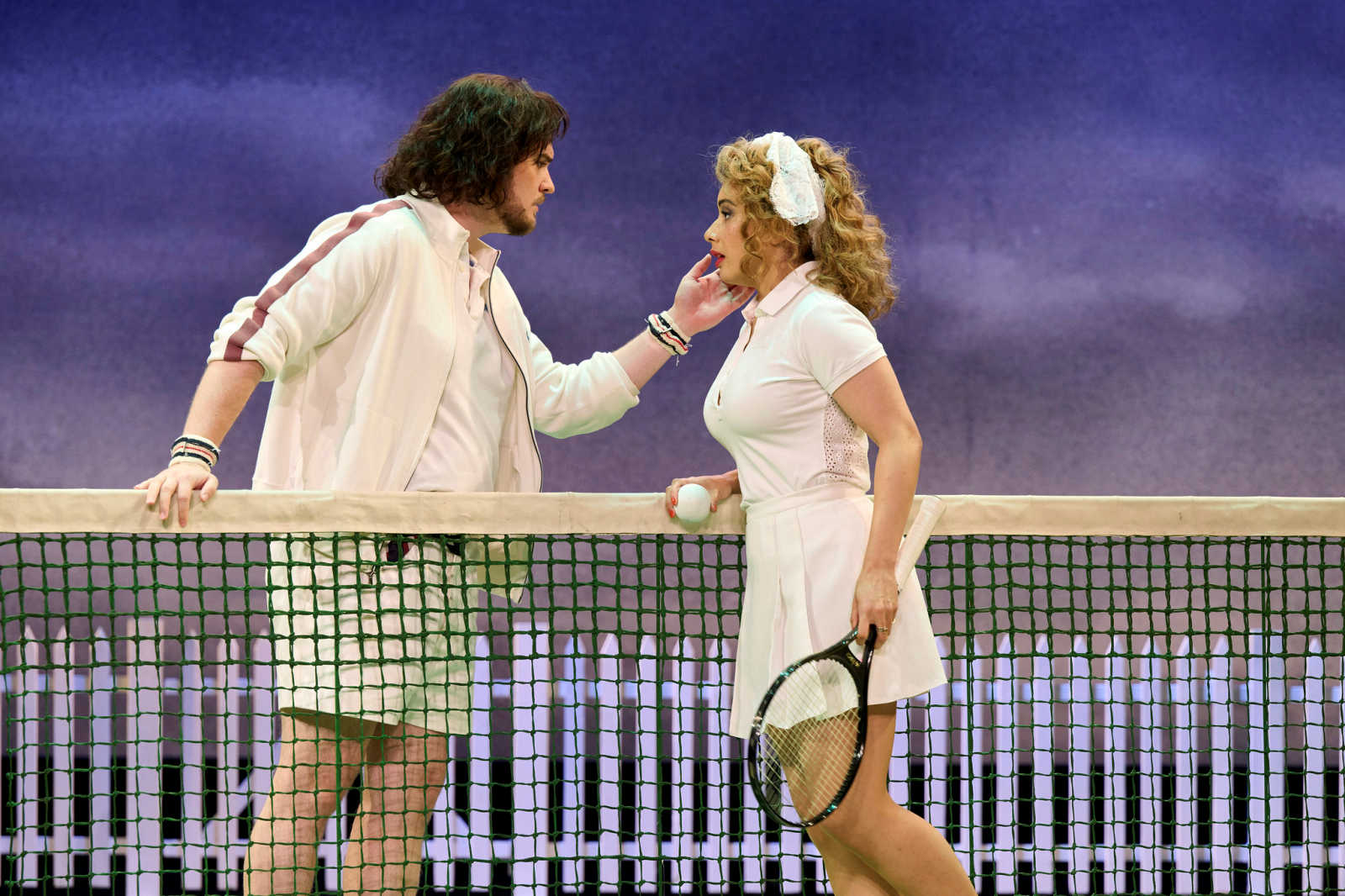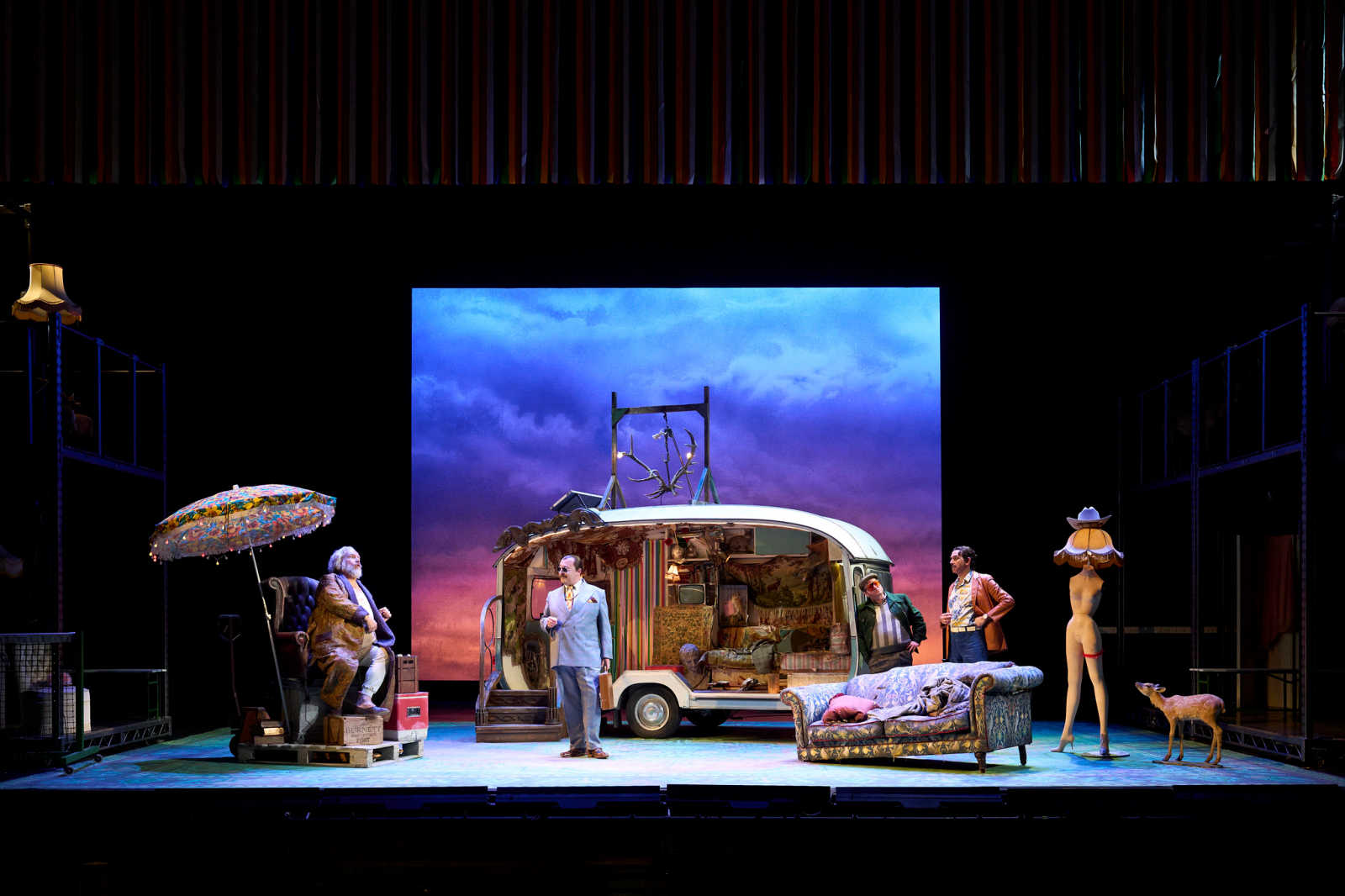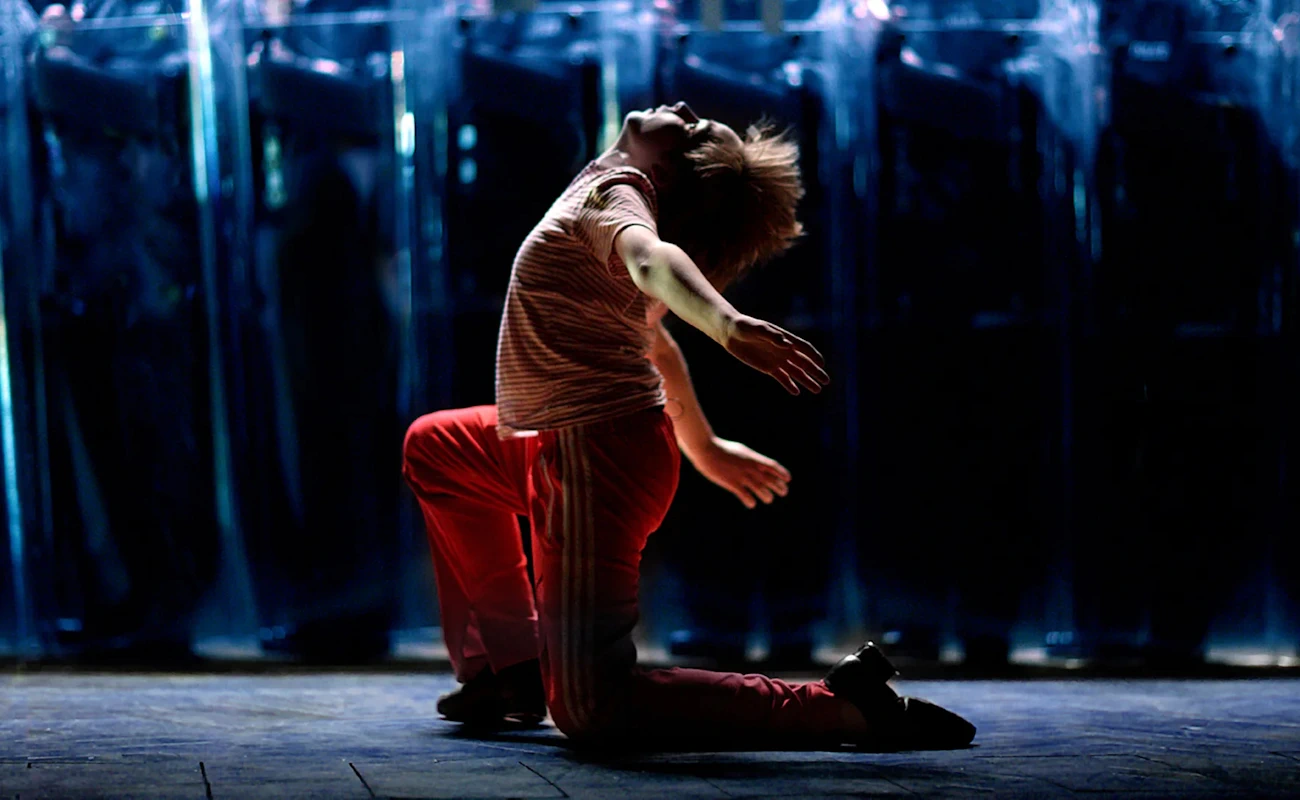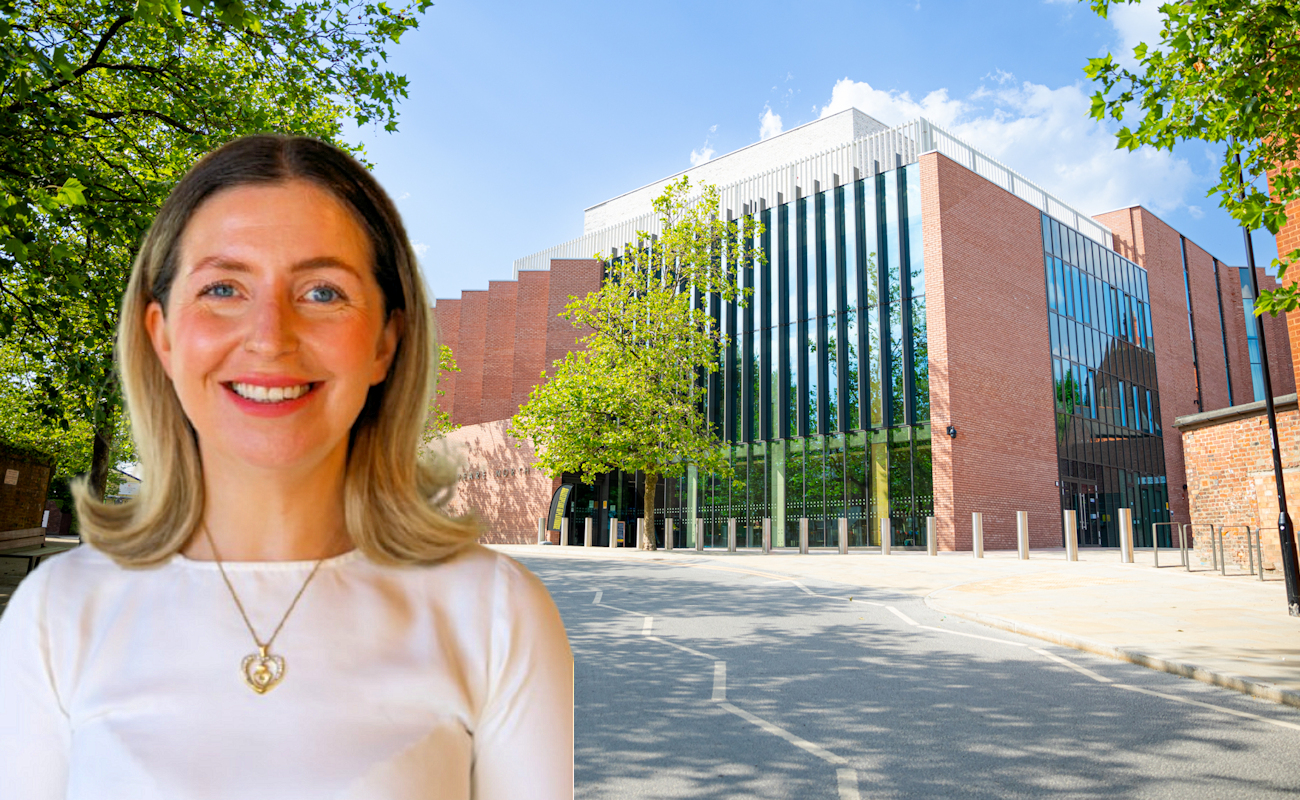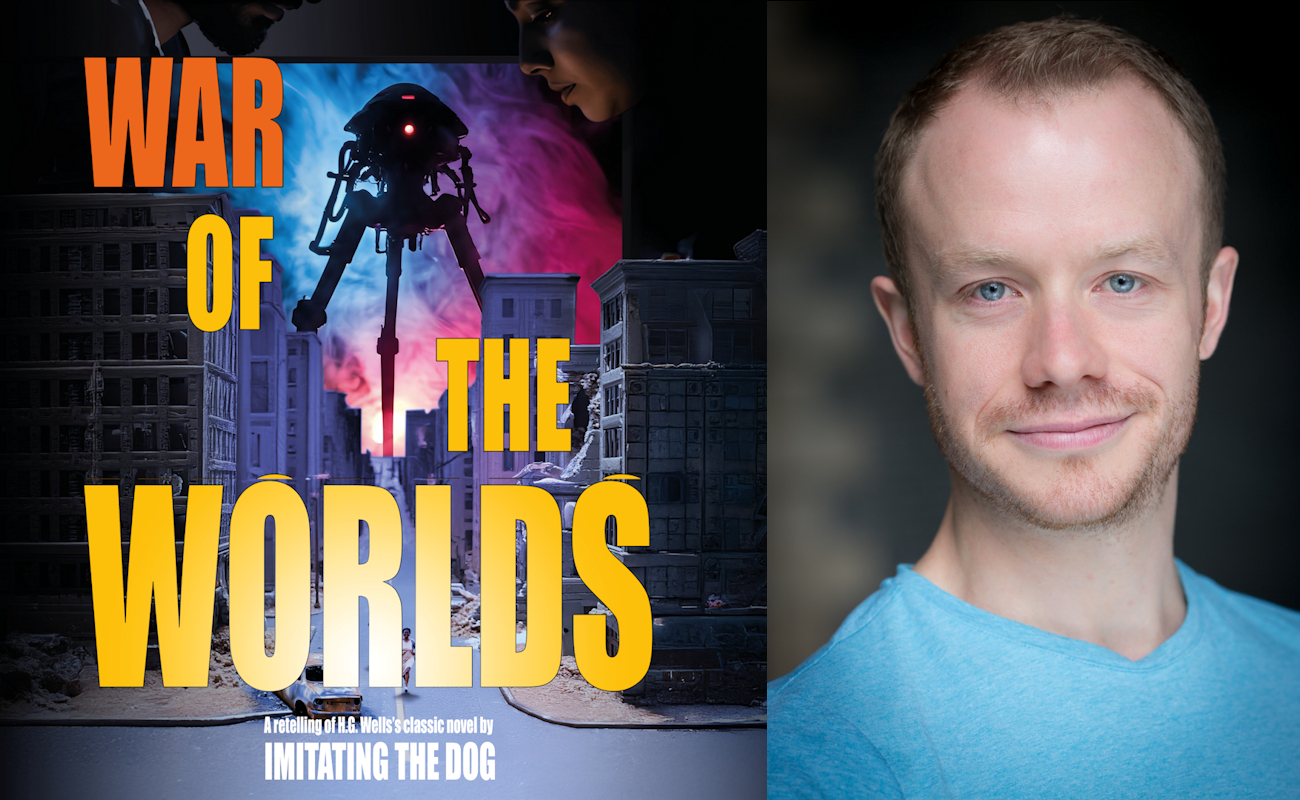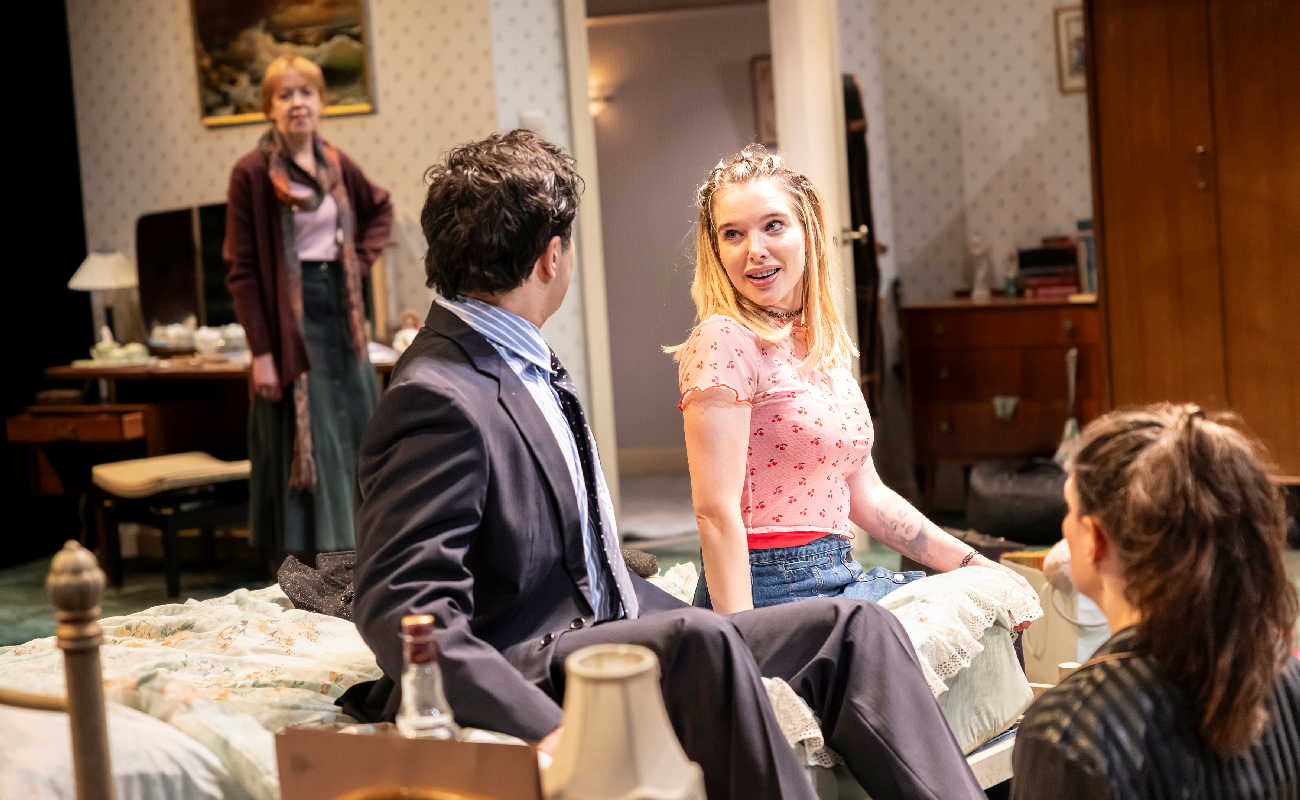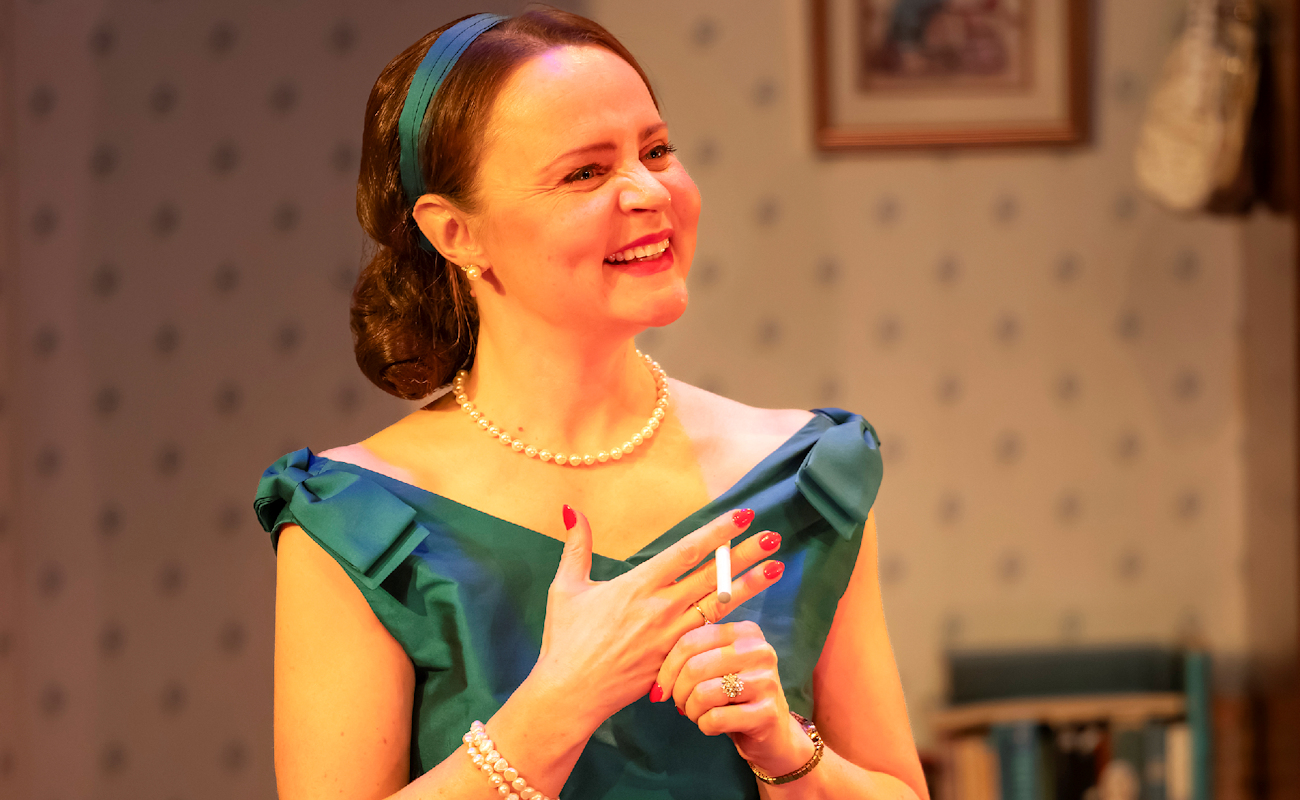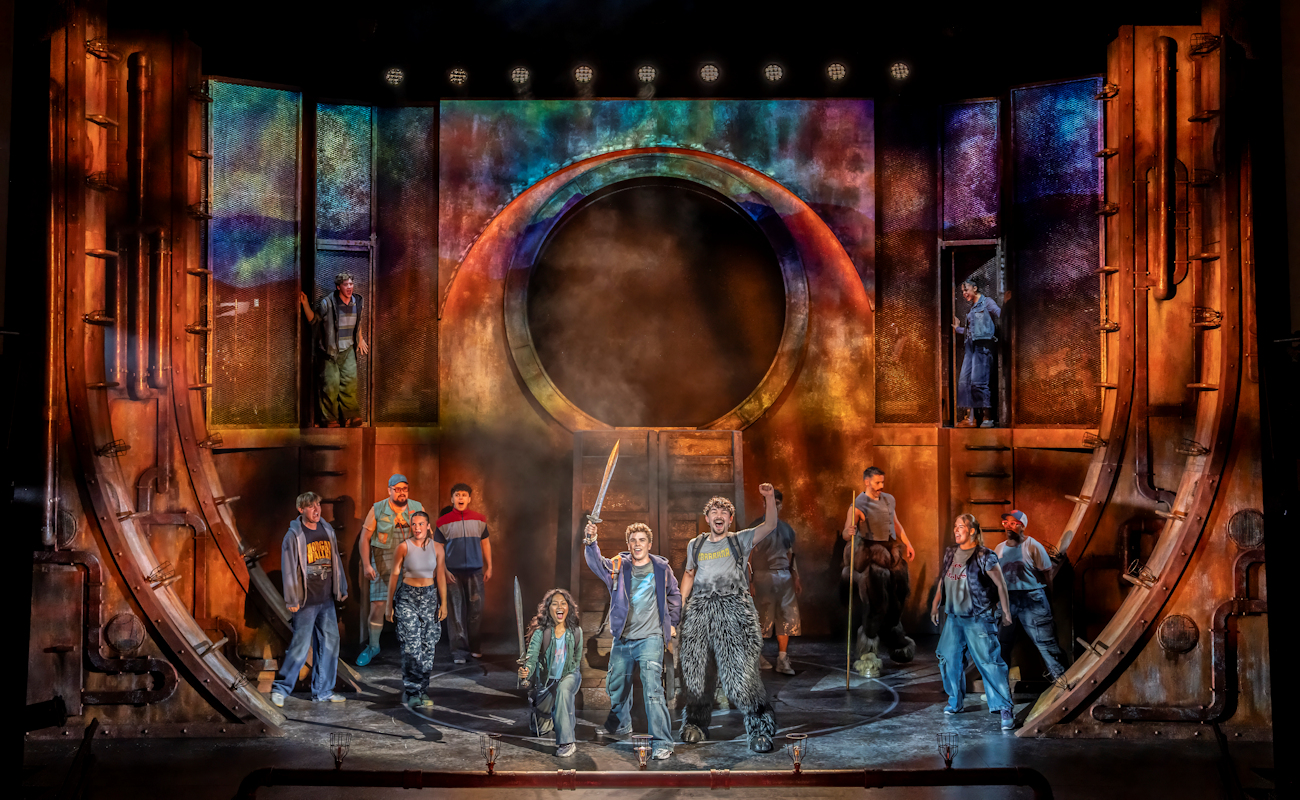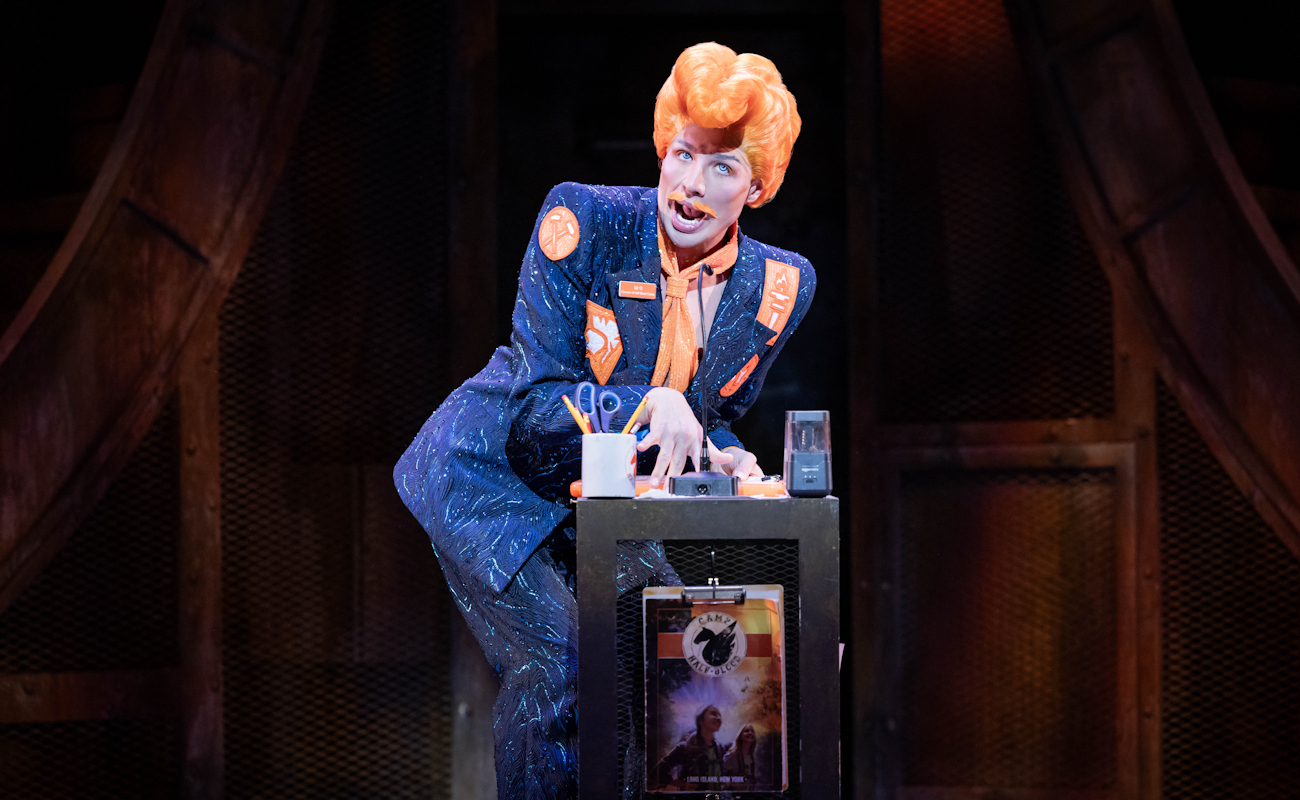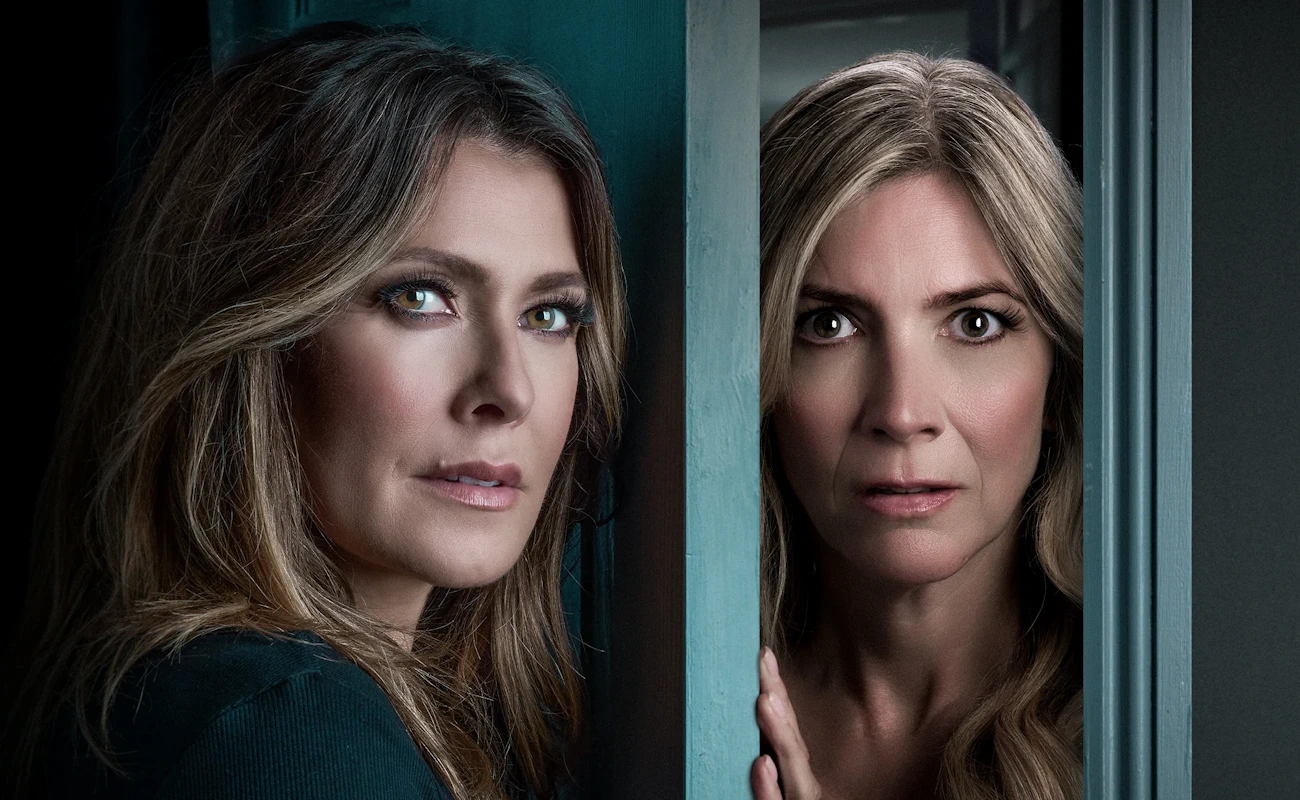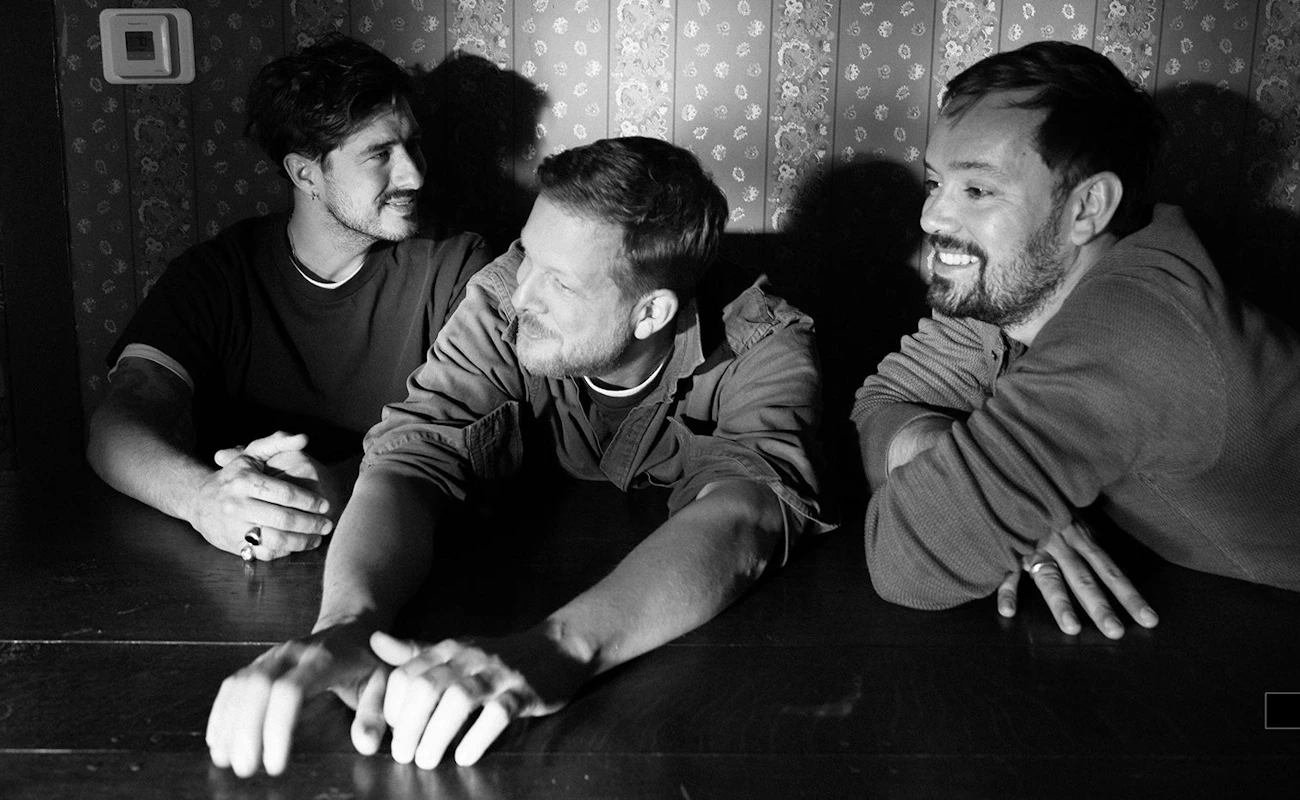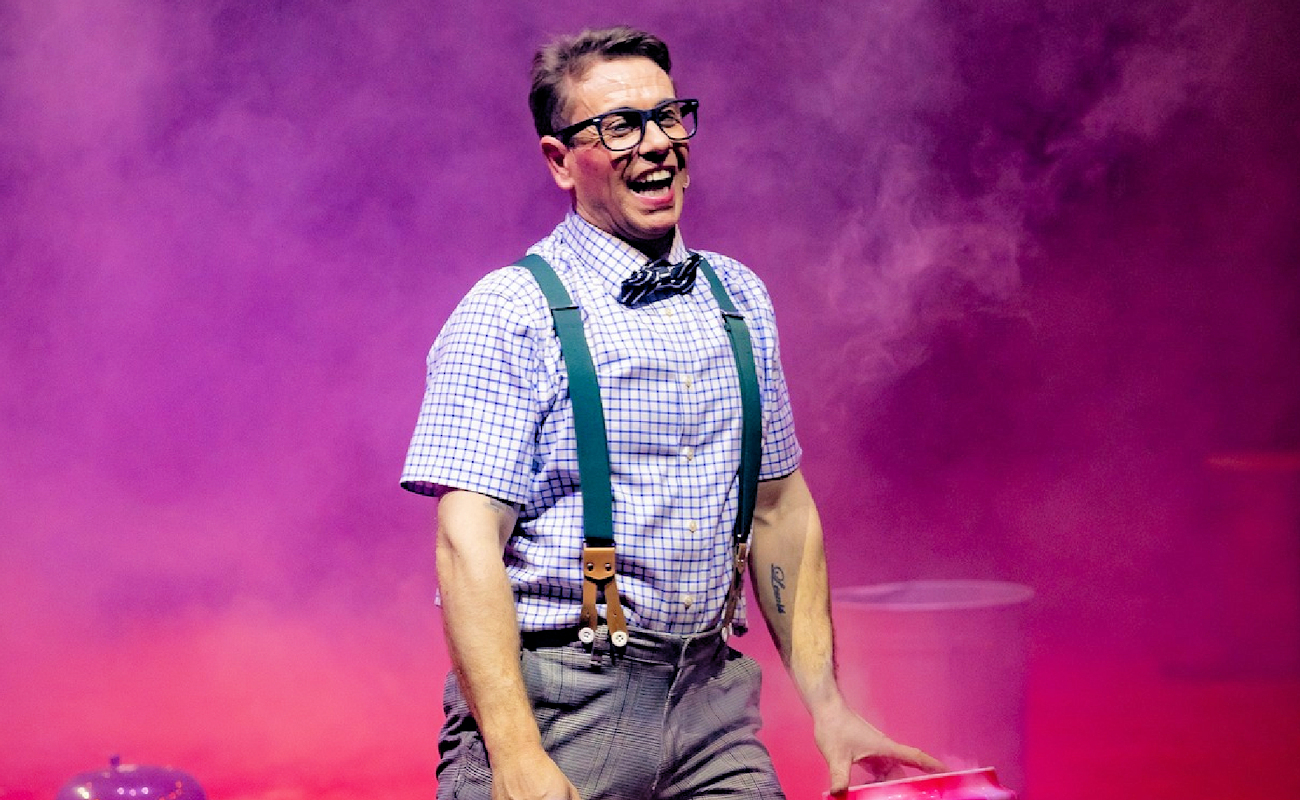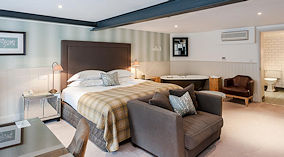Manchester Theatre News & Reviews
Opera North start their latest run at The Lowry with a brilliant production of Falstaff
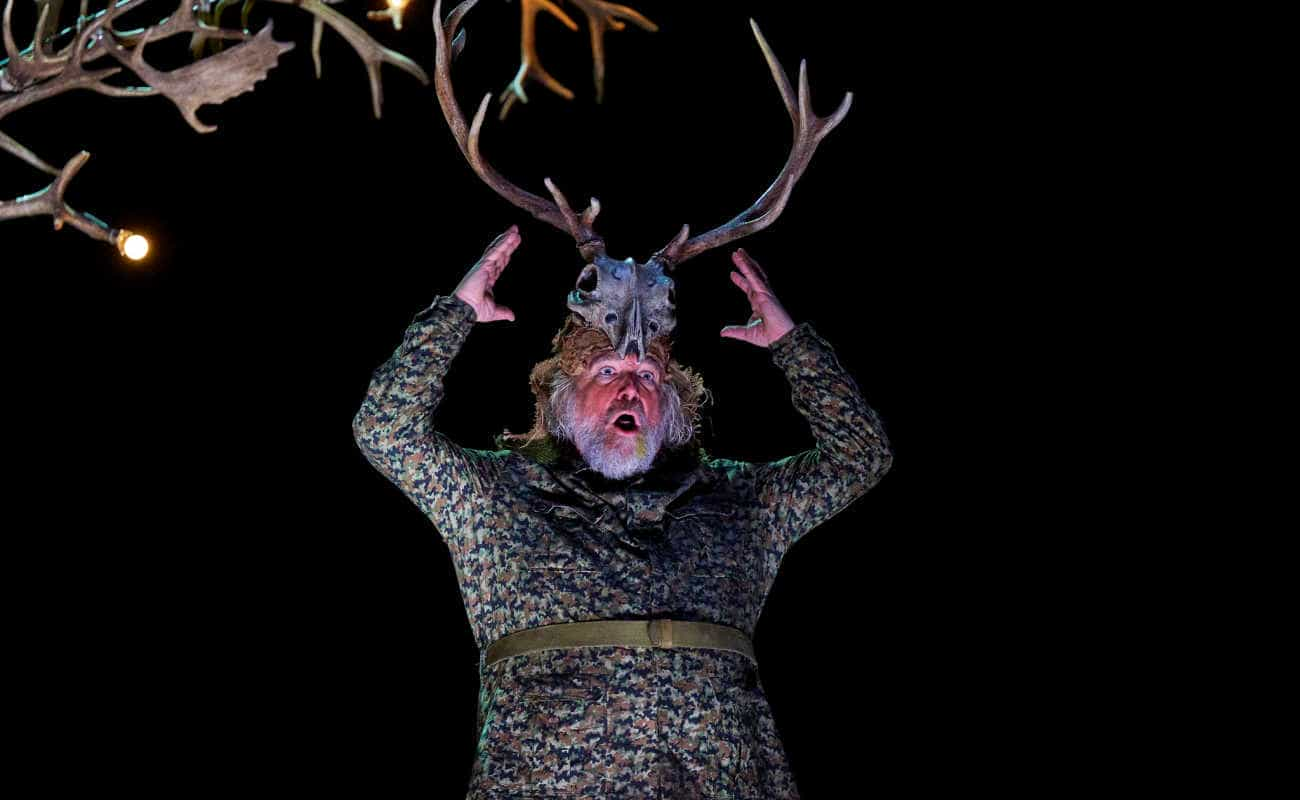 BUY TICKETS TO SEE OPERA NORTH AT THE LOWRY
BUY TICKETS TO SEE OPERA NORTH AT THE LOWRY
On Wednesday evening we attended Falstaff at The Lowry, Salford. Read what our reviewer Karen Ryder had to say about Opera North's latest production. They are performing at the venue all week so go and take in a show for yourself...
Opera North are presenting a trio at The Lowry this week, three nights on the run, each offering a different opera to behold. Thursday presents the exciting and greatly anticipated new opera Masque Of Might. It celebrates the music of Henry Purcell through a witty and satirical production, brought together by Sir David Pountney and we are promised song, dance and spectacle as it tells a tale of fantastical power and corruption. Friday evening brings La rondine by Puccini with a new production by James Hurley. With love around every corner in a 1930’s Paris, expect a whirlwind of scandal, passion, and tenderness. I was able to attend the first of the three operas - Falstaff by Verdi on Wednesday evening, and whilst I have not seen this opera before, I do know its titular character Falstaff from Shakespeare’s works. Falstaff is arguably one of Shakespeare’s most renowned characters as he appears in three of his works - Henry IV (part 1) Henry IV (part two) and The Merry Wives Of Windsor. It is this last play that the opera focuses its story on.
Falstaff is a corpulent, jolly and debauched character who is promoted comedically due to his tendencies to be vain, boastful, and be in favour of drinking with petty criminals and living off of borrowed money. As we see him doing exactly this with his servants Bardolph and Pistol, Dr. Caius explodes into the room, accusing him of theft. Falstaff laughs it off, but does admit to his servants that he is indeed a little short of cash. He explains his actual plan is to seduce the wives of two wealthy men, namely Alice Ford and Meg Page. What he doesn’t anticipate is that by sending them identical love letters, they may show them to each other and guess what he is up to. Together with Alice’s daughter Nannetta and her Governess, Mistress Quickly, they show girl power and hatch a plan of their own, sending an invitation for Falstaff to indeed come and meet with Alice.
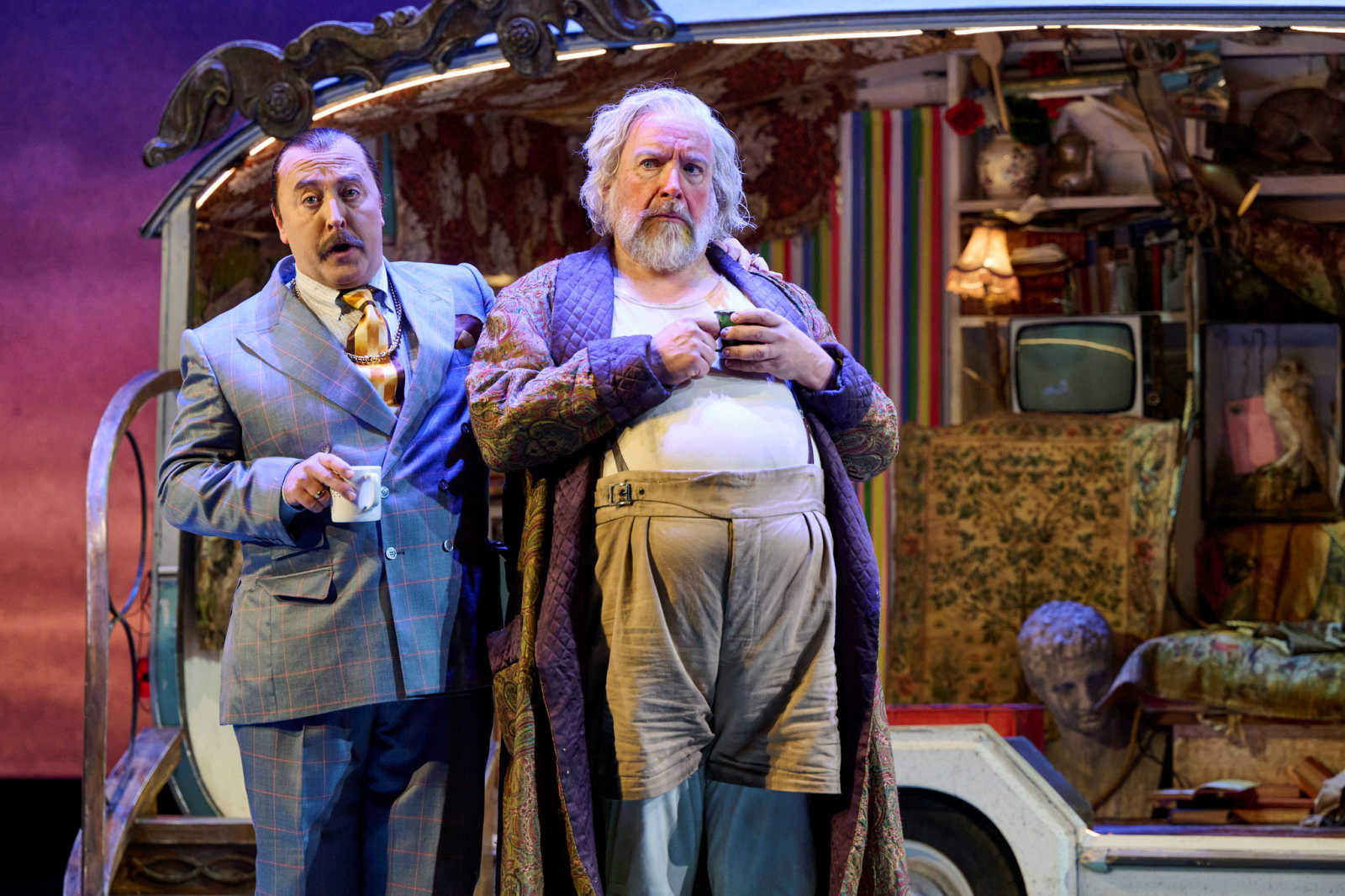
At the same time, Falstaff’s servants Bardolph and Pistol tell Mr. Ford of his wicked scheme and yet another trap is laid for Falstaff, with Ford arranging to meet him in disguise and catch him out by asking for his help in wooing Alice. However, Alice and her husband are both unaware of the others plans, so when Ford does this and Falstaff boasts that Alice has agreed to meet with him, Ford thinks his wife has chosen to be unfaithful and feels hurt and betrayed. He decides to interrupt the rendezvous, but as he arrives home, Meg is there to warn Alice. Falstaff hides, and instead Ford bursts in on his daughter with her own love interest, who is not the man he has promised his daughter to. The plots to catch Falstaff out continue from both Alice and Ford, with additional ones thrown in from Ford to ensure his daughter marries old Dr. Caius, the man he has promised her to, instead of her true love Fenton. All plan to meet in the wood in various disguises, which leads to mayhem, and I’m pleased to say that girl power rules and the men who think they can use them for their own needs and to fulfil their promises, are left with egg on their face.
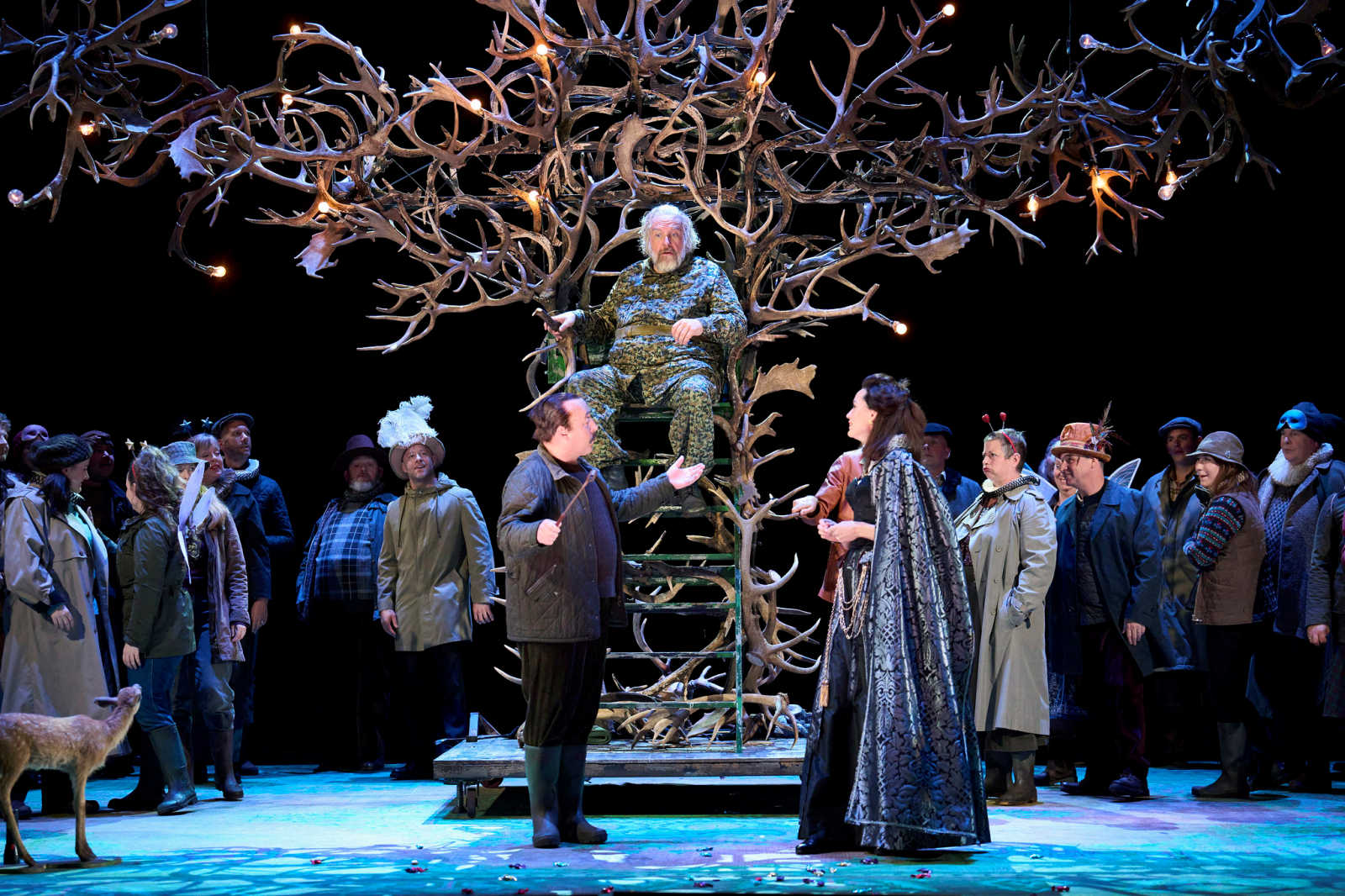
I came to watch this Opera North production of Falstaff because I had complete trust and faith in their reputation, and my own experience, for not only putting on wonderful performances, but for making opera accessible to all and working hard to debunk it as an elitist art form. They place screens subtly for transposition of the story so you can read what is going on, but they are not so overbearing that it would interfere with those who do not wish this to be the case. Modern costumes, sets, and interpretation of characters help the heart of this story spring to life, and whilst some traditionalists may not appreciate this, I personally think it is a smart way to offer opera in a new and accessible light. Traditionally set operas still exists for those who quite rightly love it, but there is also a market and plenty of room for this approach too. It doesn’t have to be one or the other.
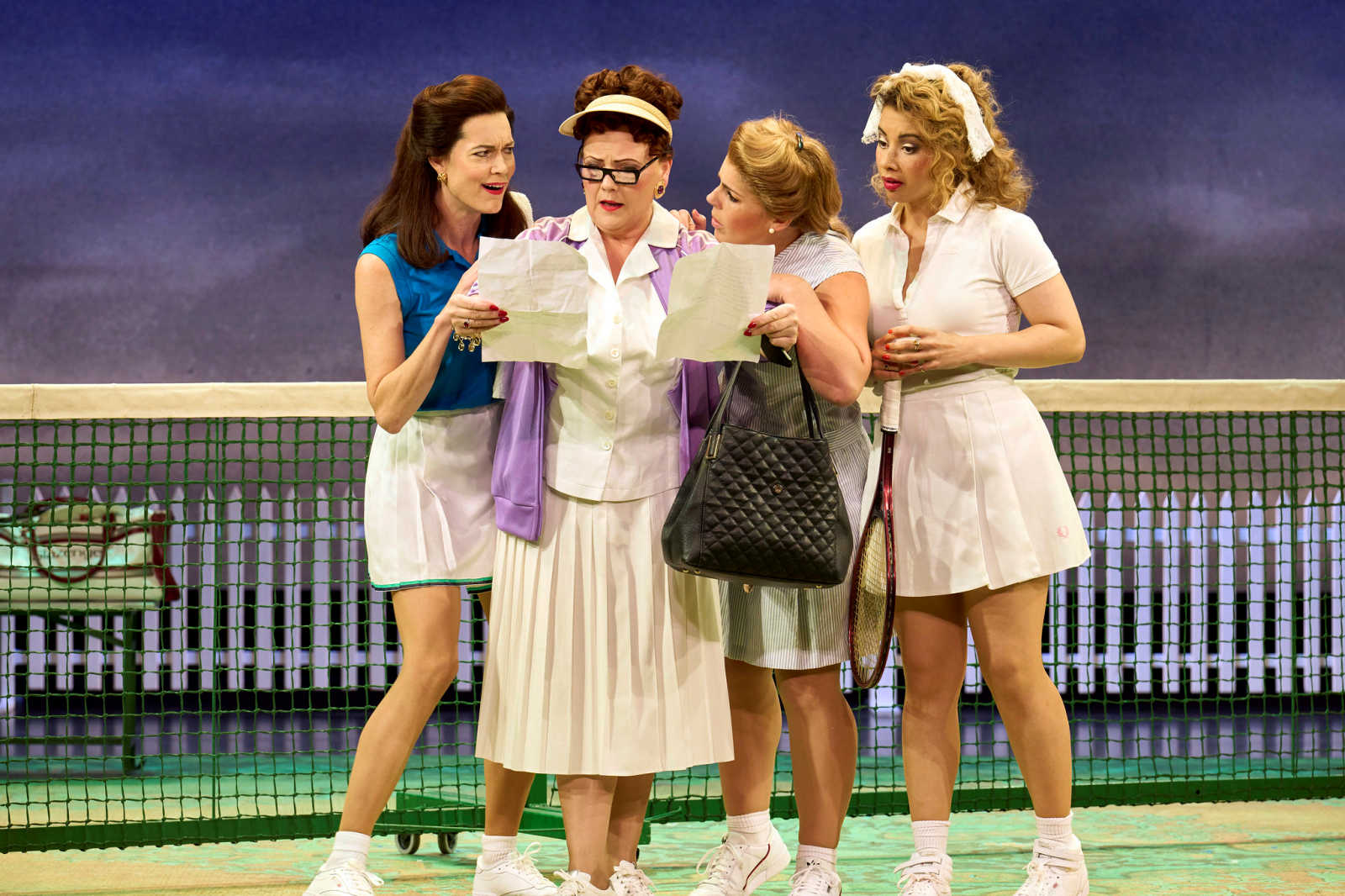
The three productions on offer at The Lowry form part of Opera Norths green season, meaning all three operas are sustainable, sharing one skeleton set. Set designer Leslie Travers has done an impressive job. Much of this set has been recycled from previous productions, such as the panelled windows in the bedroom scene being rescued from the Marriage Of Figaro. Other elements are locally sourced, such as the antlers that form the tree in the forest. Upon entering theatre, the stage boasts a curtain made out of ribbons in primary colours that immediately felt reminiscent of the things we used to put across our external doors in the 80’s to allow a breeze in but keep bugs out. As I saw one of these door things across Falstaff’s caravan door, I’m guessing my nostalgia steered me in the right direction.
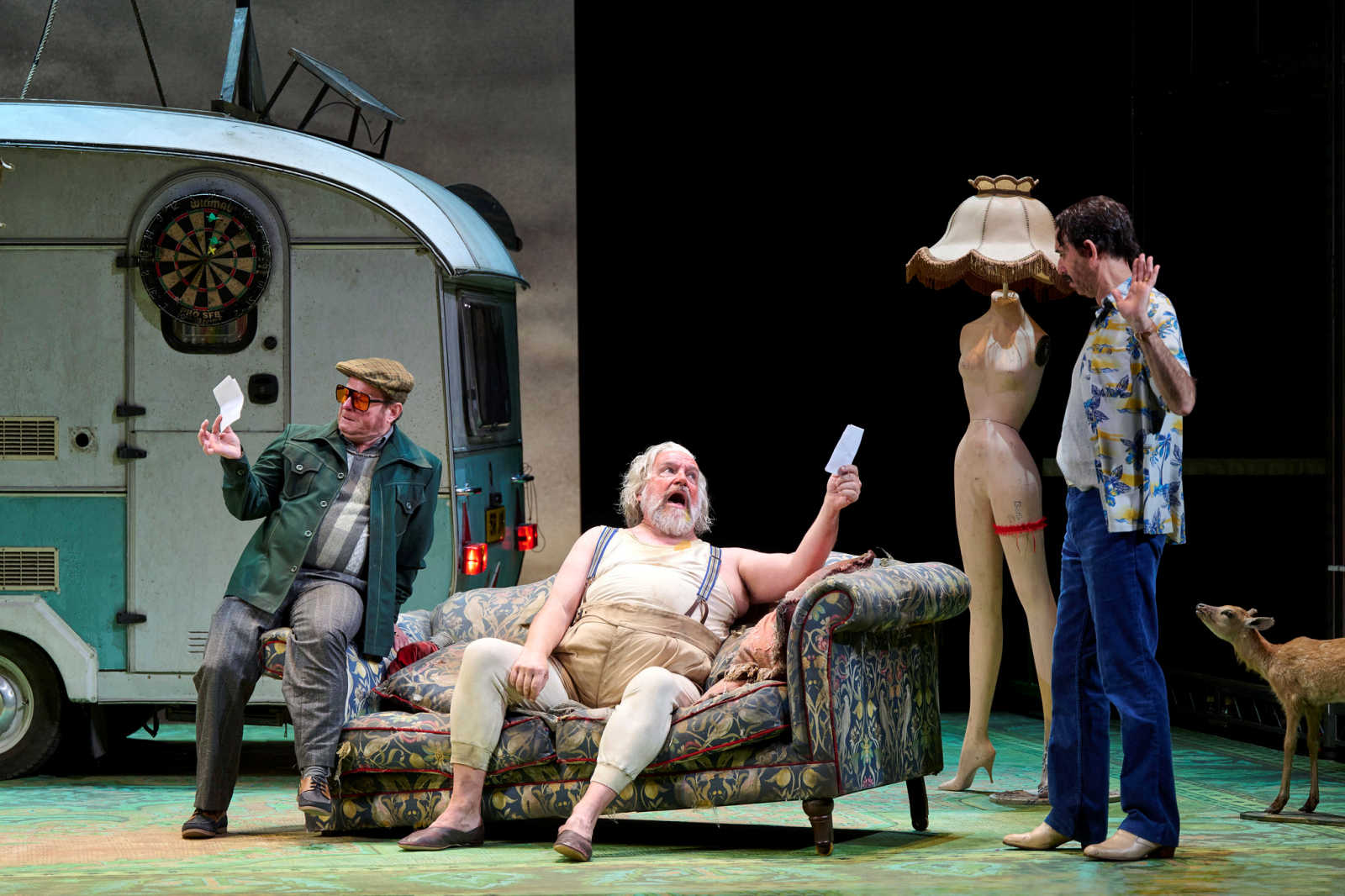
The main ribbon screen is used to allow scene changes, and also made use of in the final scene where characters comically poke their heads through it, again, reminding me of my childhood and the way we used to play with the ribbons and have fun. The set itself takes us from Falstaff’s home to a tennis court, Alice’s bedroom, and a forest. Falstaff’s home comprises a caravan, that we initially see from the outside, but is later spun around so we are able to view inside too. His home is extended across the stage with a broken sofa, a lamp stand made from a female mannequin, and a raised chair, giving him his own perceived Lord of the Manor status. The details focus on his filthy, lazy, gluttonous lifestyle and love for the female form. The outskirts of the stage boast double height metal boxes that equally contain an array of objects, including more lamps, stuffed animals, an old velvet chair, and clothes thrown around. These areas serve well to allow the characters to come back and secretly eavesdrop on conversations, whilst extending the performance space into intriguing levels. The forest is represented by a single tree made from antlers, and it is remarkably dominating and strong with its presence. As fairy lights make it glow, the audience sigh at its strange beauty.
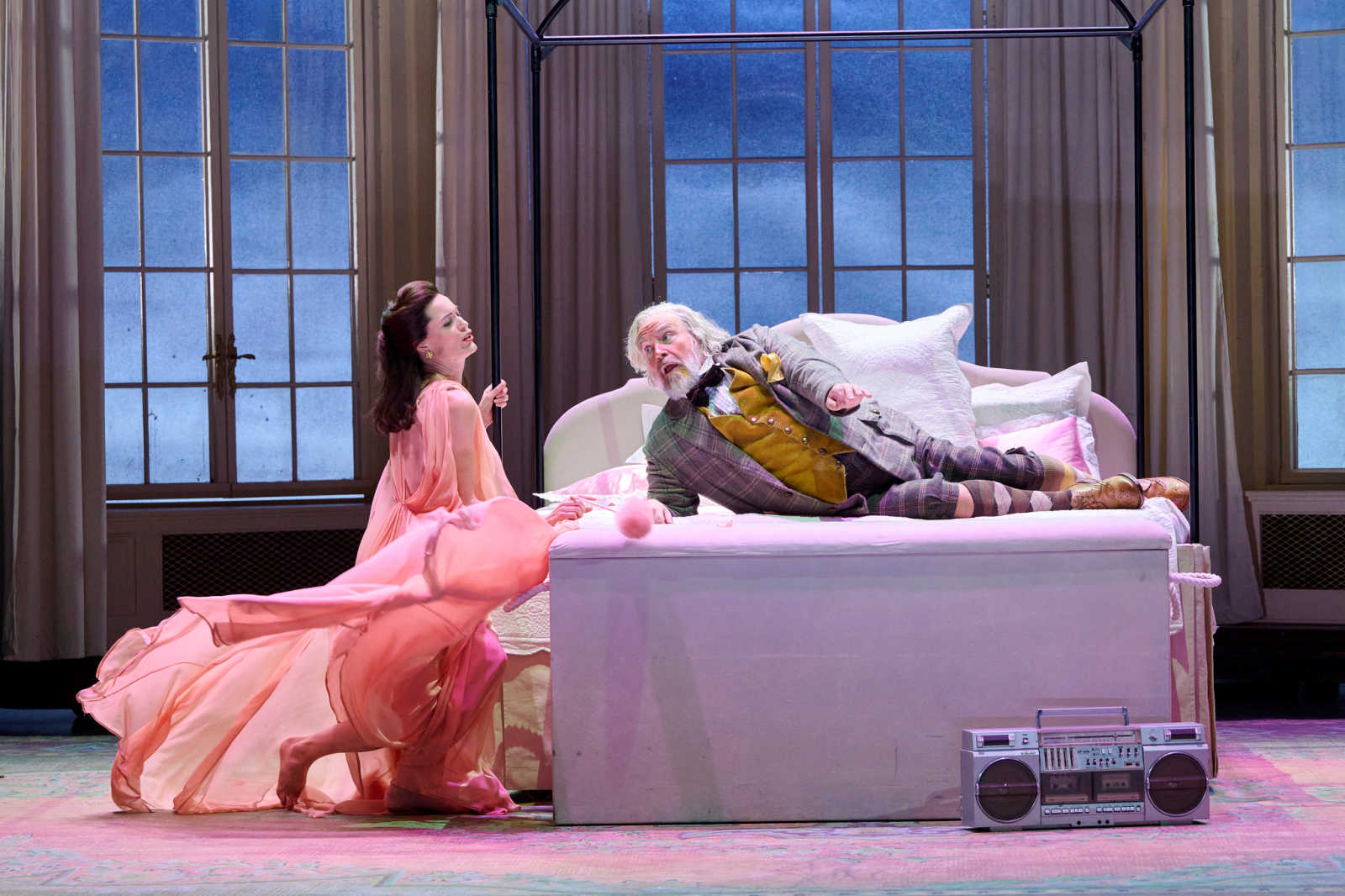
As mentioned, the costumes are modern, giving a 1980’s vibe. Costume designer Gabrielle Dalton has emulated this well, with younger characters dressed in denim jeans and leather jackets, and the wives of Windsor are in typical 1980s block bright coloured suits with a silhouette of large shoulder pads and tight fitting skirts. Bardolph and Pistol almost resemble Del Boy and Rodney with their varied mix of wealth meets East End, and when I had that stuck in my mind, I couldn’t help but view Ford as Trig! Falstaff wears dirty off white under garments with braces, but the detail involved is brilliant, for when he suits up ready for his believed rendezvous with Alice, his waistcoat is buttoned up wrong and he is wearing odd socks! These touches are wonderful.
Henry Waddington is Falstaff and is gloriously revolting in the role in all the best possible ways. He plays Falstaff which such a lack of self-awareness that the humour of the character shines through with ease. He continually makes the audience laugh, whether it be at his comedic jig when he finds out Alice will receive him, or his obliviousness. He even makes you feel empathy for Falstaff for a fleeting moment, but then he returns to his self-love and has you laughing at him again. Waddington acts the heck out this character and coupled with his magnificently rousing voice, brings the house down. Kate Royal as Alice ford, Helen Évora as Meg Page, Isabelle Peters as Nannetta, and Louise Winter as Mistress Quickly really work together fantastically. Their harmonies are flawless and the energy between them is palpable as they rage against the roles they have been placed in as women, and what men think is perfectly acceptable. There is a real strength emulating from them, and with Louise Winters merely needing to give a raised eyebrow or an incline of her head to display what we are all thinking of Falstaff, you can’t help but smile whenever they are on stage.
Richard Burkhard –as Ford, Colin Judson as Bardolph, and Dean Robinson as Pistol form the other group who are plotting against Falstaff. They create great physical comedy, pushing each other, ducking and diving, and bobbing around the stage. Again, when they sing together as their plans unfold, it is such a delight and to add Paul Nilon as Dr Caius, and Egor Zhuravskii as Fenton into the mix, provides such rich and luscious tones that it feels like a privilege to witness. I felt the experience of live opera wash over me, and with musical direction by Garry Walker, Principal guest conductor Antony Hermus and the Orchestra Of Opera North, it truly was an honour. The musical vocal canons were impressive, as was the use of musical onomatopoeia, with such examples as the word donkey being sung to sound like a donkey, the word madrigal being sung as such, and the laughter at the end allowing numerous techniques such as vocal vibrato, trills and arpeggios to beautifully fill the auditorium with a chorus of merriment.
Olivia Fuchs has directed the comedy of Falstaff with great timing and an understanding of how to engage audience in what is not an easy task, as the words opera and comedy are not frequent roommates. Particular comical lines were given the space they needed to land, and just as much importance was placed on the acting and storytelling as with the singing. One of the early lines still has me giggling, ‘burgling my breeches’ when Falstaff is being accused of stealing. There is great emphasis and pause used to deliver unexpected moments, such as Falstaff hailing his servant a tosspot!
One thing that I did struggle with at first, though also adjusted to, was being able to hear the singers. As is usual with opera, the performers were not microphoned, such is the strength of their voice and ability. Operatic singing was developed when microphones simply did not exist, and this is what makes opera so unique, because special techniques were developed in order to resonate through the orchestra in a big hall. I appreciate that loudness itself does not impress, and it is much more about the colour, the detail, the clarity and so forth, but when someone is so good, it seems a shame to not always be able to hear them over the orchestra.
Falstaff is a thoroughly enjoyable, brilliantly funny evening at the opera, and with two more productions on offer by Opera North this week, they are doing an amazing job of throwing their arms open to make everyone welcome. Existing opera fans will need no encouragement I’m sure, but for those newbies out there, pondering if it’s for them or not, I say do it! Opera North will take good care of you.
WE SCORE TO OPERA NORTH'S FALSTAFF
Opera North are performing Falstaff again on Saturday, Masque of Might on Thursday and La rondine on Friday (we have an exclusive offer for you for this production), then return in March next year with two more great productions.
BOOK OPERA NORTH TICKETS HERE!
